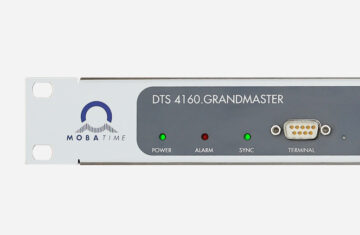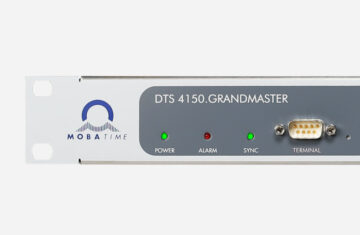TSN
TSN is a set of standards under development by the Time-Sensitive Networking task group of the IEEE 802.1 working group. TSN is an extension to standard Ethernet. Time-Sensitive Networking is a set of IEEE 802 standards that make Ethernet deterministic by default. It is a new technology that sits on Layer 2 of the ISO/OSI Model and adds definitions to guarantee determinism and throughput in Ethernet networks.
In concrete terms, this means Ethernet with:
- predictable and guaranteed end-to-end latencies,
- minimal latency fluctuations (jitter) and
- shallow packet loss.
Benefits
- Not driven by one large company, unlike, e.g., Profinet.
- Best effort and critical data over one network.
- Vertical integration from the cloud to the processing.
- High bandwidth, low latency, high availability, and determinism are vital requirements that are all addressed by TSN.
Applications
TSN/OPC-UA could be the field communication of the future in:
- automation
- automotive
- utilities
- audio and video broadcasting industries
Time synchronization is a critical component of TSN technology, and all participating devices require a common understanding of time. The MOBATIME grandmasters are supporting the PTP synchronization needed for scheduling a TSN network (according to IEEE 802.1AS).

